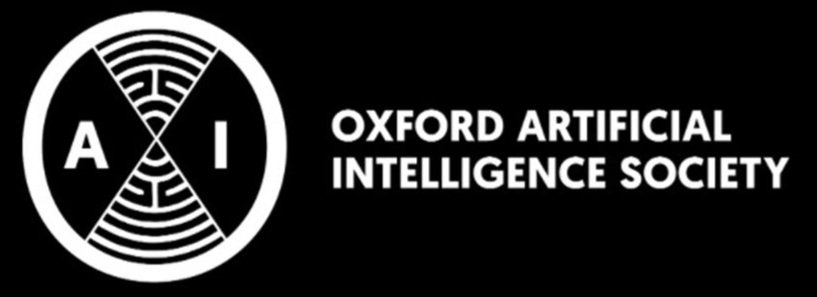OxAI Talk Event: Law, AI and Leviathan by Dr Anders Sandberg
Date: 2nd Feb Fri
Time: 6 PM - 7 PM
Location: Lecture Theatre B
Parks Road Entrance: Department of Computer Science, Wolfson Building, Parks Road, Oxford, OX1 3QD,
Keble Road Entrance: Oxford e-Research Centre, 7 Keble Rd
Abstract:
What are legal systems? One way of thinking about them is as a form of extended cognition for solving tricky coordination problems in society, giving us peace and prosperity (and power to some). It is a kind of "AI'' platform running on human minds and pieces of paper, powered by human autonomy. This is also true for many other institutions like markets. But real AI seems able to perform many functions going into such institutions - at first by automating simple decisions or low-level processing, but plausibly gradually being able to solve the coordination problems far better than humans. If we want to get the goods, it is rational to hand over more and more to AI. But even if we solve the alignment problem well, we may have another problem: human autonomy is no longer necessary, and may actually be suboptimal. That appears worrisome. I will discuss whether there is a way out of this conclusion, and invite a conversation about how to design ahead to handle such "second order alignment" problems.
Bio: Dr Anders Sandberg has a background in computer science, neuroscience and medical engineering. He obtained his PhD in computational neuroscience from Stockholm University, Sweden, for work on neural network modelling of human memory.
Since 2006, Anders has been at the Future of Humanity Institute (in the Faculty of Philosophy) where his work centres on management of low-probability high-impact risks, estimating the capabilities of future technologies, and very long-range futures. Topics of particular interest include machine learning, ethics, global catastrophic risk, cognitive enhancement, future studies, neuroethics, and public policy.
He is research associate to the Oxford Uehiro Centre for Practical Ethics, the Institute for Future Studies (Stockholm) and the Center for the Study of Bioethics (Belgrade). He often debates science and ethics in international media.
